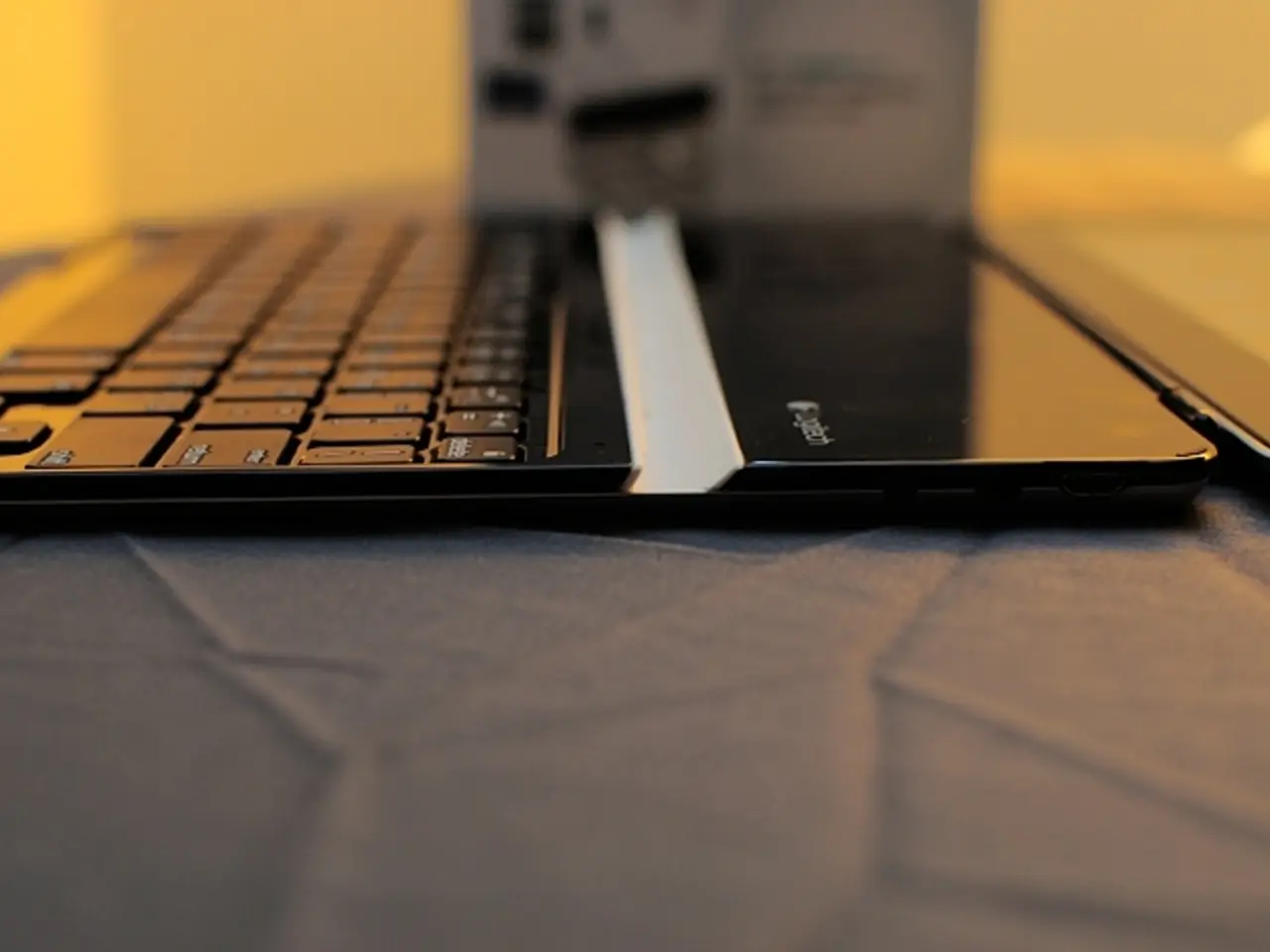Essential Laptop Features to Prioritize Before Starting the Academic Year
Finding the Perfect Laptop for Students: A Comprehensive Guide
When it comes to choosing the right laptop for students, there are several key factors to consider. Here's a breakdown of the essential features to look for in a student-friendly laptop.
Performance
For optimal performance, opt for a laptop equipped with a powerful processor such as the Intel Core Ultra 5, AMD Ryzen AI 5, Qualcomm Snapdragon X Plus 10-core, or Nvidia RTX 5060 (for engineering or creative work). Splurging a bit extra on better specs like more RAM or storage can extend a laptop's usable life.
Portability
A laptop that weighs between 2.5 to 4 pounds and has a screen size between 14 and 16 inches offers a good balance between power and portability. This size range is ideal for carrying around campus or to study groups.
Battery Life
Aim for a laptop with at least 8-12 hours of real-world battery life for on-the-go use. This ensures that you can work or study without worrying about constantly searching for an outlet. Keep in mind that gaming laptops tend to sacrifice battery life for power, while Apple M-series MacBooks and Qualcomm-powered ultrabooks often boast excellent battery life.
Display
A Full HD display (1920x1080) should be the baseline for laptops. Higher resolutions like 2K or 4K are nice for design work but can drain battery life faster. For creative majors like photography, film, or graphic design, accurate color reproduction is crucial, so look for sRGB and DCI-P3 coverage greater than 99%. At least 400 nits of brightness is recommended for working outdoors or in bright classrooms.
Connectivity
An HDMI port (or a USB-C port that supports display output) is useful for giving presentations or connecting to external monitors. At least two USB ports (preferably USB-C) are essential for connecting accessories. Look for Wi-Fi 6E support or higher for faster, more reliable internet connections. Brands like Dell, ASUS, Lenovo, and HP offer ultrabooks that support Wi-Fi 6E for fast and reliable internet connections in congested areas such as dorms and lecture halls.
Durability
Consider a laptop with a sturdy build, reinforced hinges, and even spill-resistant keyboards to ensure that your device can withstand the rigours of student life.
Touchscreens and Screen Resolutions
Touchscreens can be handy on 2-in-1 convertible laptops but often add cost and reduce battery life. If you don't think you'll need this feature, it's best to opt for a traditional laptop to save on cost and battery life.
Storage
SSD storage is faster, more durable, and has higher capacities than eMMC storage. A 256GB SSD is a comfortable baseline for most students, but if you plan on storing large files or applications, consider a laptop with a larger SSD capacity.
Extra Features
Fast-charging technology is beneficial for quick recharges during short breaks between classes. Additionally, a laptop with a sturdy build, reinforced hinges, and even spill-resistant keyboards can help ensure that your device can withstand the rigours of student life.
In conclusion, the best laptop for students prioritizes performance, portability, and battery life. By considering these factors, you can find a laptop that will meet your academic needs and help you excel in your studies.








